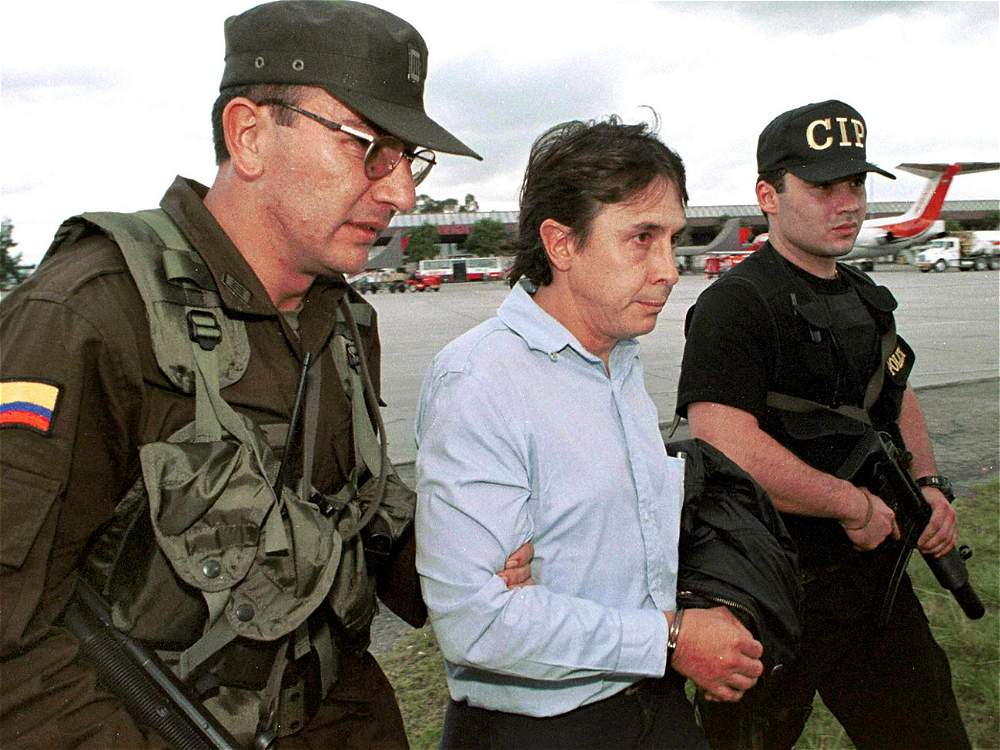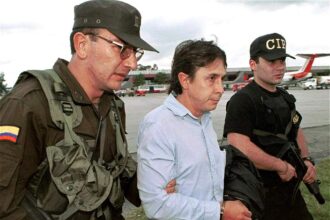Fabio Ochoa Vásquez, a key figure in Colombia’s notorious Medellín Cartel, has been released from a US federal prison after serving 25 years of a 30-year sentence. Now 67, Ochoa is expected to be deported back to Colombia, marking the end of his lengthy imprisonment in the US. His release has reignited interest in one of the most powerful drug empires that once flooded the streets of the US with cocaine.
A Kingpin of the Medellín Cartel
Ochoa and his older brothers became wealthy in the late 1970s and 1980s as cocaine surged in popularity across the US. By 1987, they were so successful that they made it onto Forbes Magazine’s list of billionaires. Living in Miami, Ochoa played a crucial role in running a distribution hub for the Medellín Cartel, famously led by Pablo Escobar. Despite his imprisonment, Ochoa’s influence remains a symbol of the cartel’s global reach.
A Legacy of Power and Wealth
Ochoa’s name resurfaced in popular culture thanks to the hit Netflix series Narcos, where he was portrayed as the youngest son of a wealthy Medellín family involved in horse breeding and ranching. Unlike Escobar, who rose from humble beginnings, Ochoa’s family ties added a veneer of sophistication to their criminal enterprise.
Ochoa’s criminal past extends beyond drug smuggling. He was first indicted in the US in connection with the 1986 murder of DEA informant Barry Seal, a story later dramatized in the 2017 film American Made starring Tom Cruise. In 1990, Ochoa was arrested under a Colombian policy that temporarily blocked extradition. However, in 2001, he was extradited to the US on charges of drug smuggling, becoming the only defendant among 40 others who refused to cooperate with US prosecutors. His refusal led to a harsher 30-year sentence, while others received significantly lighter terms.
A Wealthy Return to Colombia
Richard Gregorie, a retired Assistant US Attorney who helped prosecute Ochoa, hinted that the drug lord’s wealth remains intact. “He won’t be retiring a poor man, that’s for sure,” Gregorie commented, suggesting that much of the Ochoa family’s fortune, accumulated through years of illicit activities, remains hidden and untouched by authorities.
The End of an Era
Ochoa’s release highlights the shifting dynamics of the global drug trade. While Colombia once dominated the cocaine industry, the epicenter of the trade has now moved to Mexico. Yet, Ochoa’s story serves as a reminder of the Medellín Cartel’s once-formidable grip on the world’s drug supply. His return to Colombia could rekindle old alliances and bring new challenges to law enforcement.









